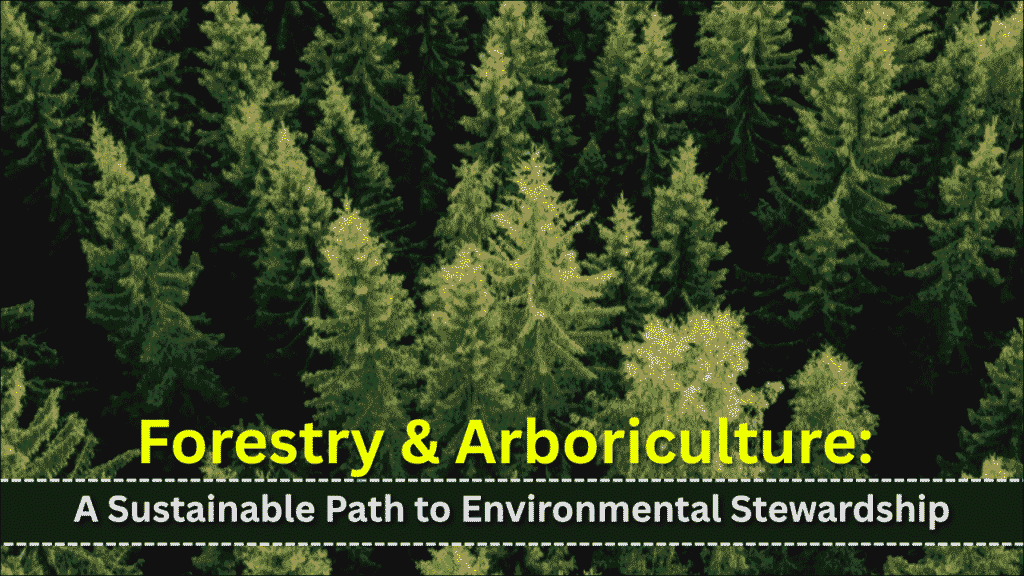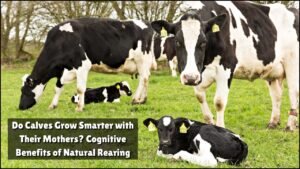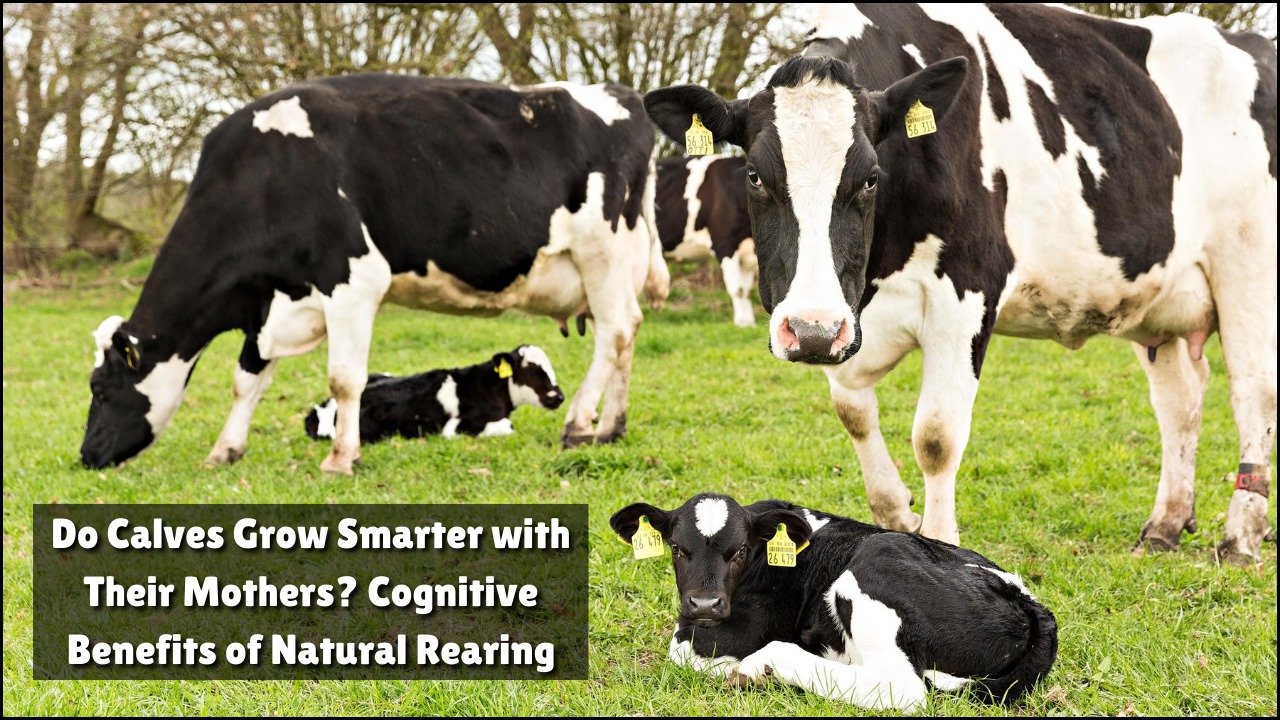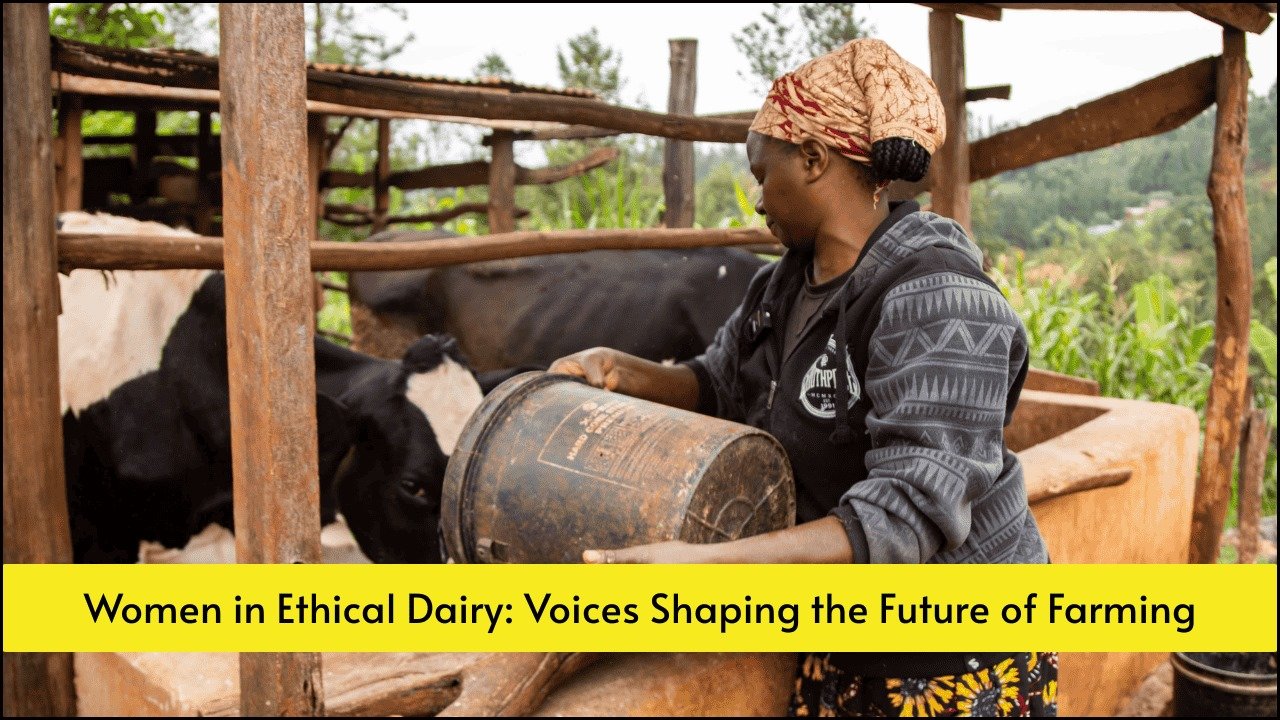
Forests and woodlands stand as a vital renewable resource, offering benefits that extend beyond timber production to include biodiversity conservation, recreation, tourism, and climate mitigation. Forestry and arboriculture form the backbone of sustainable tree and woodland management, ensuring the health and productivity of rural and urban green spaces. As the world moves toward greener living, skilled professionals in this field are increasingly in demand. SRUC Barony, Dumfries, has emerged as a significant educational hub in this area, providing practical and technology-driven training in forestry and arboriculture.
Table of Contents
Key Areas of Forestry and Arboriculture
- Forest Establishment and Maintenance: Planned and strategic planting is essential for healthy forest ecosystems. Professionals ensure that woodlands are planted with species that match soil conditions and climate zones.
- Woodland Regeneration: Regeneration practices focus on restoring degraded lands and promoting biodiversity. Techniques include natural regeneration and artificial planting.
- Harvesting and Thinning Operations: Proper thinning ensures sunlight penetration and healthy tree spacing, while harvesting is timed to maximize timber value and sustainability.
- Environmental and Amenity Management: Forests are maintained not just for economic value, but also for biodiversity, wildlife conservation, and human recreation.
- Arboriculture in Urban Spaces: Arboriculture deals with the care of individual trees and small groups, often in urban areas. These trees provide shade, reduce pollution, and enhance aesthetics.
- Education and Training: Continuous learning is vital. Professionals are trained in the use of machinery, disease detection, mapping technology, and eco-friendly forest practices.
Differences Between Forestry and Arboriculture
| Aspect | Forestry | Arboriculture |
|---|---|---|
| Primary Focus | Large-scale forest and woodland management | Individual tree care and management |
| Setting | Rural and natural landscapes | Urban and suburban environments |
| Objectives | Timber production, biodiversity, and environmental services | Health, safety, and aesthetics of trees in public spaces |
| Practices | Thinning, planting, felling | Pruning, soil care, and disease management |
| Tools Used | Harvesters, chainsaws, drones, sawmills | Tree climbing gear, decay detectors, and hand tools |
| Professional Roles | Forest manager, conservation officer | Arborist, tree surgeon, urban forester |
Facilities and Training at SRUC Barony, Dumfries
- Scottish Forest Industry Technology Centre (SFITC): Advanced machinery and tools are used here to simulate real-world forestry operations.
- Tree Nursery and Arboretum: A variety of tree species are cultivated and studied, supporting hands-on education and biodiversity awareness.
- Sawmill and Simulators: Students gain firsthand experience in wood processing and machine operation using industry-standard tools.
- Use of Drones and Decay Detection Technology: Aerial surveys and health diagnostics are conducted using modern equipment, preparing students for tech-driven roles.
- Estate Forest and 25 Hectares of Woodland: On-site woodlands allow practical training in tasks such as tree felling, surveying, and woodland planning.
Training Partnerships and Industry Exposure
- John Deere Forestry and Ponsse: Collaboration with leading equipment manufacturers ensures exposure to the latest forestry machinery and innovations.
- Forest and Land Scotland: Strategic partnerships provide real-world forest management experiences for students.
- Local Landowners: Cooperative projects enhance students’ fieldwork and broaden their understanding of regional forestry practices.
Career Opportunities in Forestry and Arboriculture
| Career Role | Key Responsibilities |
|---|---|
| Forest Manager | Oversees forest planning, timber production, and ecological sustainability |
| Conservation Officer | Protects biodiversity and ensures compliance with environmental regulations |
| Arborist | Conducts tree inspections, pruning, and disease control in urban settings |
| Urban Forester | Manages city trees, green belts, and community forests for public benefit |
| Sawmill Technician | Processes harvested timber, maintaining efficiency and product quality |
| Environmental Educator | Promotes public awareness and understanding of sustainable forest practices |
Benefits of Studying at SRUC
- Industry-Relevant Curriculum: Courses are designed in consultation with forestry experts and employers, ensuring alignment with market needs.
- Practical Exposure: Training in live environments offers experience in handling machinery, managing woodlands, and analyzing ecological impacts.
- Technological Proficiency: Education includes drone surveying, GIS mapping, and tree decay detection – all crucial in modern forestry work.
- Sustainability Emphasis: A core focus on conservation, climate action, and resource renewal prepares students for green careers.
- Job Market Advantage: Graduates leave with hands-on experience, industry connections, and a strong skill set for employment across the UK and beyond.
Forestry and Arboriculture Course Offerings at SRUC
| Course Title | Focus Area | Qualification |
|---|---|---|
| Introduction to Forestry | Basic forest operations and woodland ecology | Certificate |
| Advanced Arboriculture Practices | Tree health, pruning, safety | Diploma |
| Environmental Woodland Management | Conservation and biodiversity planning | Higher National Diploma |
| Urban Tree Care and Management | City tree planning, risk assessment | Professional Certificate |
| Forestry Technology and Machinery | Equipment handling, safety, and maintenance | Practical Course |
| Forest Surveying and GIS Mapping | Digital mapping and tree inventory | Specialized Short Course |
Virtual Experience at SRUC
- Interactive Tour: A virtual walkthrough gives prospective students a glimpse into classrooms, labs, and outdoor training zones.
- Student Testimonials: Real experiences from past and current students reveal a supportive and practical learning environment.
- Technology Demonstrations: Videos showcase the use of drones, simulators, and forestry machinery in training modules.
Last Words
Forestry and arboriculture form the core of sustainable land and tree management in both natural and urban landscapes. These fields play a critical role in climate action, environmental conservation, and enhancing the quality of life. SRUC Barony provides future professionals with the education, technology, and hands-on experience necessary to make a meaningful impact in these sectors. As the world continues to embrace green solutions, forestry and arboriculture careers offer not just stability, but purpose and contribution to a better planet.






